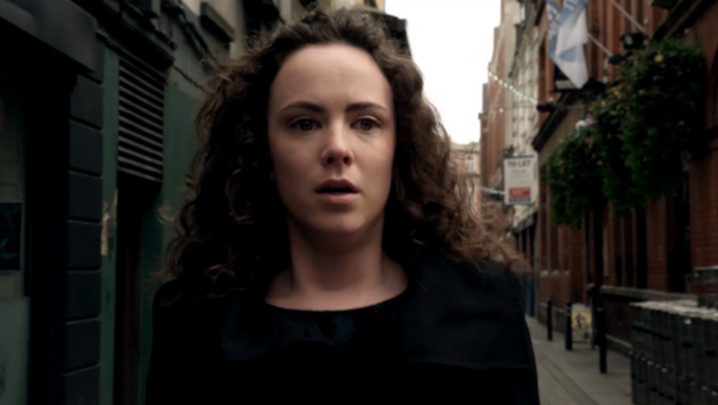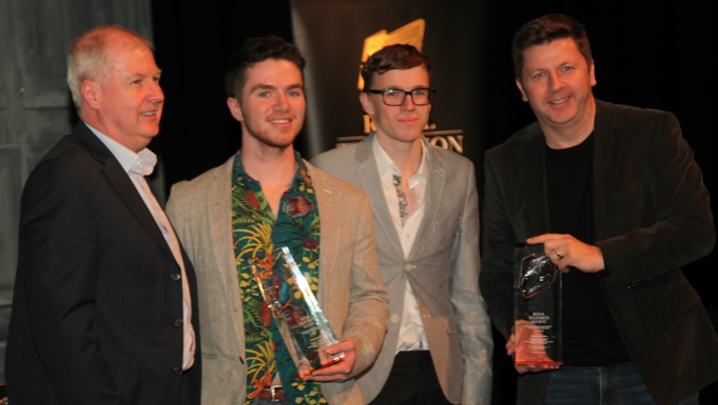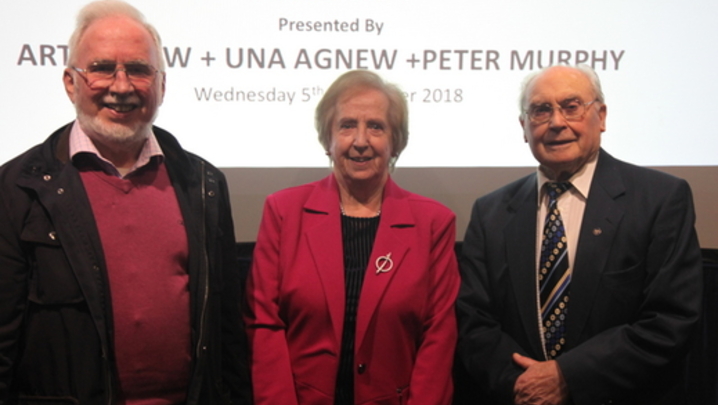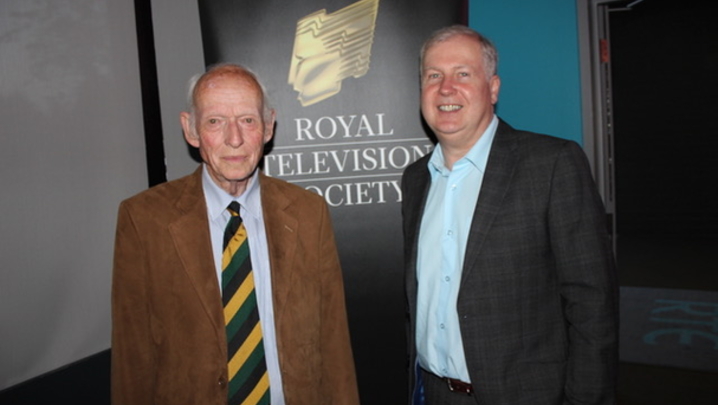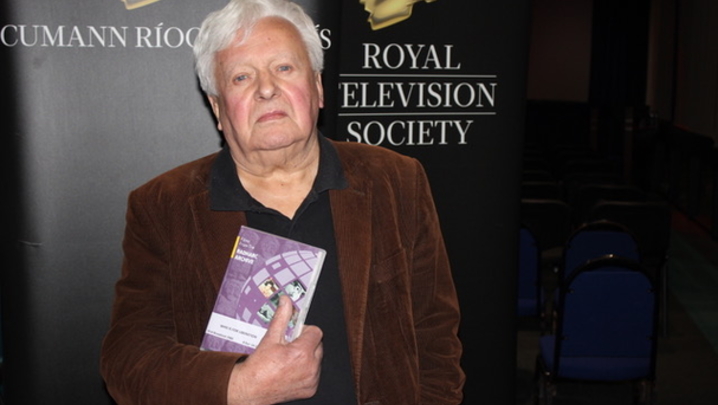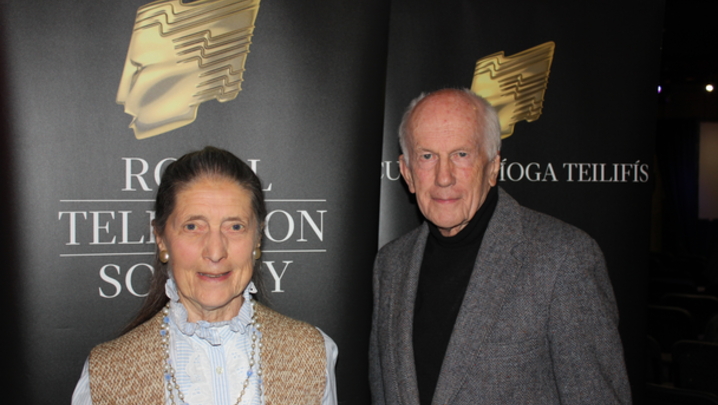The Republic of Ireland Centre delved into the importance of TV and film archive at its late-October event, held at RTÉ in Dublin.
“Raiders of the (lost) archives” featured a distinguished panel, who discussed why and how programmes are saved and stored – and the value of archive material to film-makers.
Documentary film-maker Sé Merry Doyle recently donated much of his work – the Loopline Collection, named after his production company Loopline Films – to the Irish Film Institute (IFI). Volume 1 of the collection includes Doyle’s 1999 documentary about the lives of Dublin street traders, Alive Alive O: A Requiem for Dublin.
The director, who is he is currently restoring some old film material in London, discussed why he decided to donate his archive to the IFI and the uses to which he hopes it will be put.
Martha Moloney had just returned from the Prix Europa, where the RTÉ series The Irish Revolution was the only Irish nomination in the documentary category. The series, which Moloney produced, makes extensive use of archive material. She told the RTS event that archive film is an important part of programme-making, but warned that it can be expensive to use.
Máire Aoibhinn Ní Ógáin looks after TG4’s rapidly growing archive. She also works on new archive projects, including providing pop-up archive presentations at TV and media events.



